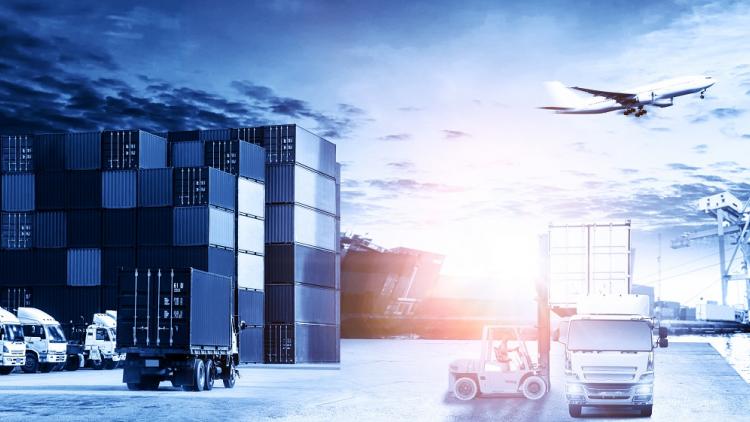Elevating logistics delivery standards is crucial for enhancing customer satisfaction and operational efficiency. In today’s fast-paced world, where consumers demand quicker deliveries and seamless experiences, logistics plays a pivotal role in meeting these expectations. By optimizing delivery standards, companies can not only meet customer demands but also streamline their operations for maximum efficiency. One key aspect of elevating logistics delivery standards is improving delivery times. Customers expect faster deliveries, often within a day or two, and any delay can lead to dissatisfaction. To achieve this, companies can invest in advanced route planning and optimization software. These tools use algorithms to find the most efficient routes, minimizing delivery times and reducing fuel consumption. Additionally, leveraging real-time tracking technology enables customers to monitor their deliveries, providing them with transparency and peace of mind.
Another important factor is ensuring the accuracy of deliveries. Incorrect or damaged items can result in customer frustration and additional costs for the company. Implementing quality control measures throughout the supply chain, from warehouse to delivery, helps maintain high standards. Barcode scanning and RFID technology can be used to track items accurately, reducing errors and improving inventory management. Regular training for delivery personnel is also essential to ensure they handle packages with care and accuracy. Moreover, enhancing communication throughout the delivery process is crucial for customer satisfaction. Providing customers with timely updates regarding their orders, such as confirmation emails, estimated delivery times, and delivery notifications, keeps them informed and engaged. Offering multiple communication channels, such as email, SMS, and mobile apps, caters to diverse customer preferences and ensures they stay informed at every step of the delivery journey.

In addition to customer satisfaction, elevating logistics app for delivery service standards can significantly improve operational efficiency. Efficient logistics operations result in cost savings, increased productivity, and better resource utilization. By optimizing delivery routes and schedules, companies can reduce fuel consumption and vehicle wear and tear, leading to lower operating costs. Furthermore, automating repetitive tasks, such as order processing and invoicing, frees up personnel to focus on more value-added activities, enhancing overall productivity. Standardizing processes and leveraging technology also contribute to efficiency gains in logistics. Implementing a centralized system for order management, inventory tracking, and warehouse management streamlines operations and reduces errors. Cloud-based logistics platforms offer scalability and flexibility, allowing companies to adapt to changing demands quickly. Integrating these systems with suppliers and partners further improves efficiency by enabling seamless data exchange and collaboration.
Furthermore, adopting sustainable practices in logistics delivery is not only beneficial for the environment but also for business reputation and cost reduction. Utilizing eco-friendly packaging materials, optimizing delivery routes to reduce carbon emissions, and investing in alternative fuel vehicles are some ways companies can reduce their environmental footprint. In addition to meeting regulatory requirements, sustainable logistics practices can attract environmentally conscious customers and contribute to long-term cost savings through efficiency improvements. In conclusion, elevating logistics delivery standards is essential for enhancing customer satisfaction and operational efficiency. By focusing on improving delivery times, accuracy, communication, and sustainability, companies can meet the evolving demands of consumers while optimizing their logistics operations.